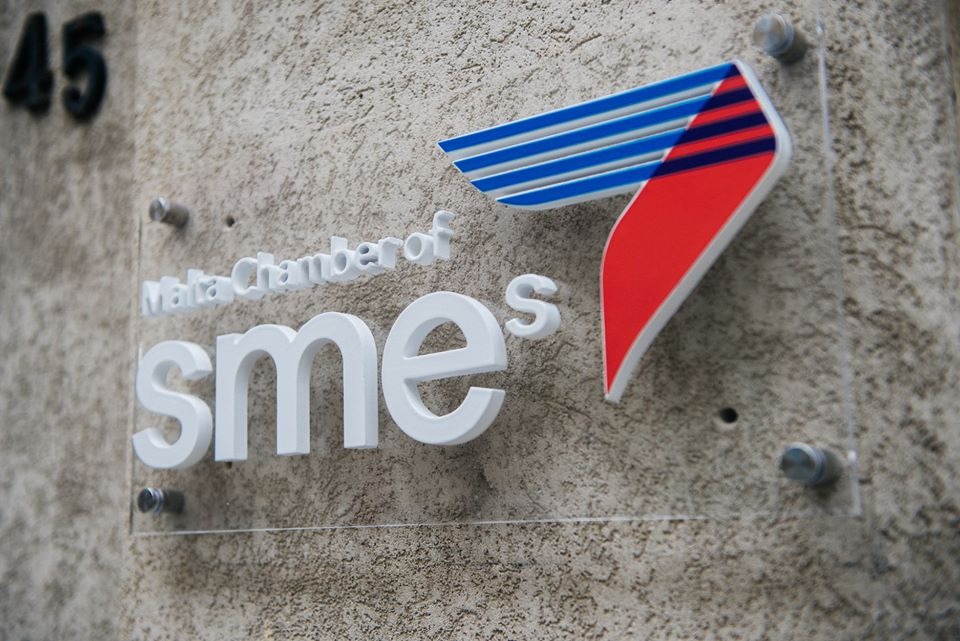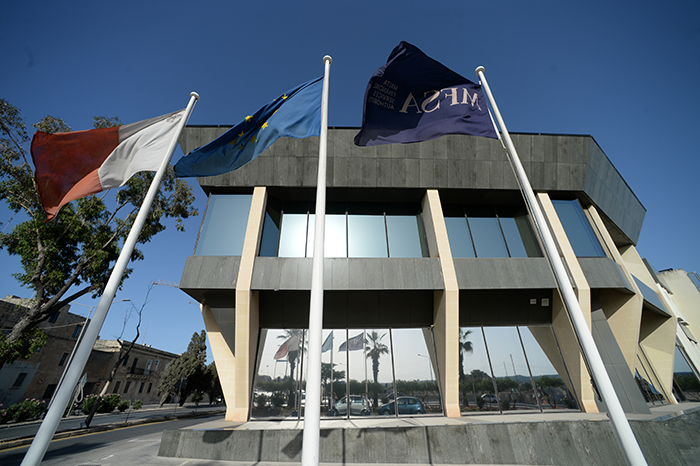In a much-anticipated survey carried out by the Malta Chamber of SMEs, a staggering 69 per cent of businesses surveyed said they expect to need the support of the Government’s COVID wage supplement for up to 12 months.
Currently, the revamped wage supplement scheme, which is now being worked out on the basis of turnover rather than industry category, has been extended until “at least March 2021”.
In a recent interview with The Malta Independent, Economy Minister Silvio Schembri revealed that past March, measures will be aimed at encouraging economic growth and operational improvement, rather than cost minimisation – a sign that the wage scheme in its current form may not be extended past March.
230 businesses were surveyed, not all members of the SME Chamber, with a diverse spread of industries and geographical locations. 47 per cent of the businesses surveyed employ between one and nine people, 26 per cent employ 10-49, eight per cent employ over 50 people and 19 per cent employ just one person.
Worryingly, when asked how long they feel their business can survive in the current situation, 13 per cent said up to three months. This was followed by 28 per cent which said up to six months, and on a more positive note, 27 per cent and 32 per cent said up to 12 months and longer than 12 months respectively.
Onto the biggest concerns in terms of current financial constraints, unsurprisingly, 26 per cent cited low sales levels. The next biggest concern was cash flow, at 17 per cent.
This was followed by issues with collecting payment, at 15 per cent, paying employee wages, at 13 per cent, bills and taxes pending, at 12 per cent, problems in paying rent, at nine per cent, banking issues, at six per cent, and lastly, two per cent marked ‘other’.
When questioned about whether their business made use of the bank moratorium offered during 2020, and which has now been extended for a further nine months, 14 per cent they availed themselves of it, but no longer do, while nine per cent said they are still availing themselves of the facility.
Of those nine per cent, almost half said they will require it for longer than 12 months.
When comparing sales figures between 2019 and 2020, unsurprisingly, 82 per cent said their sales decreased, with eight per cent saying sales remained the same, and 10 per cent citing an increase.
For those which registered a decrease, 43 per cent of this cohort said sales went down by up to 50 per cent or more.
Of those which registered an increase, 18 per cent said it was due to an improvement to their online presence, 16 per cent said it was due to an improved marketing strategy, and another 16 per cent cited a change in consumer spending preferences. Other reasons provided were an increase in discounts offered, reduced prices, a launch or improvement of delivery services and a changed line of business.
The outlook for 2021
Onto the outlook for 2021, SME Chamber President Paul Abela described the findings as “encouraging”. When asked for plans for the upcoming year, 32 per cent plan to keep their business the same size it was in 2020, 16 per cent said they will offer products/services online, 10 per cent said they will expand their business locally and three per cent said they will expand their business in another country.
Two per cent said they will have to close their business, and three per cent said they would change their business line.
While some have mentioned plans for downsizing, at 10 per cent, and a reduction in employees, at eight per cent, Mr Abela highlighted how whatever the case with regards COVID, Maltese consumers will have better choice of online services.
As for the major challenges for this year, a relative majority of businesses cited COVID019 recover, at 28 per cent, with other reasons varying from consumer confidence, increased compliance costs, increased labour costs and increased local competition.
Seven per cent cited concerns about the Moneyval assessment due to come out.
Abigail Mamo, the SME Chamber CEO, said that ultimately, the situation is a balancing act, as the economy and health go hand in hand. “The economy cannot do well without a healthy population, so a balance between keeping the wheels turning and keeping people safe must be sought”.
Optimistically, she said that after almost a year with living with the virus, and with the science having progressed, there should be more visibility and reliable planning for how to keep the country and economy open while keeping the country safe.
KM Malta will start flying to Tel Aviv this summer
New route announced as part of KM Malta Airlines' largest summer schedule to date
Why the MLRO role matters more than ever
Matthew Scicluna and Eric Micallef from the MFSA’s Financial Crime Compliance function, shed light on the MLRO Guidance document
New EV leasing mechanism introduced for businesses
The arrangement will support the leasing of zero-emission vehicles without impacting the De Minimis State aid limits of leasing companies






